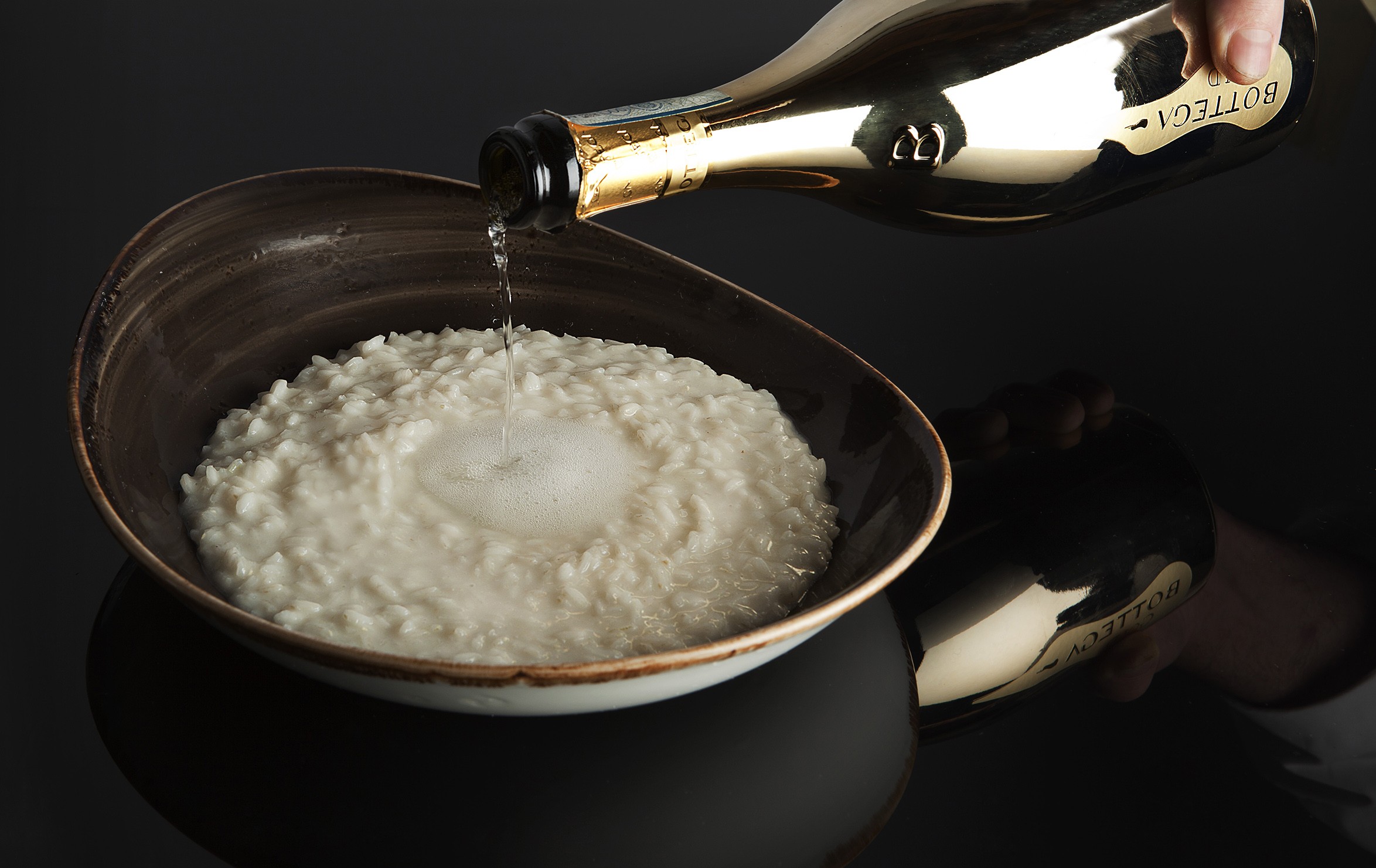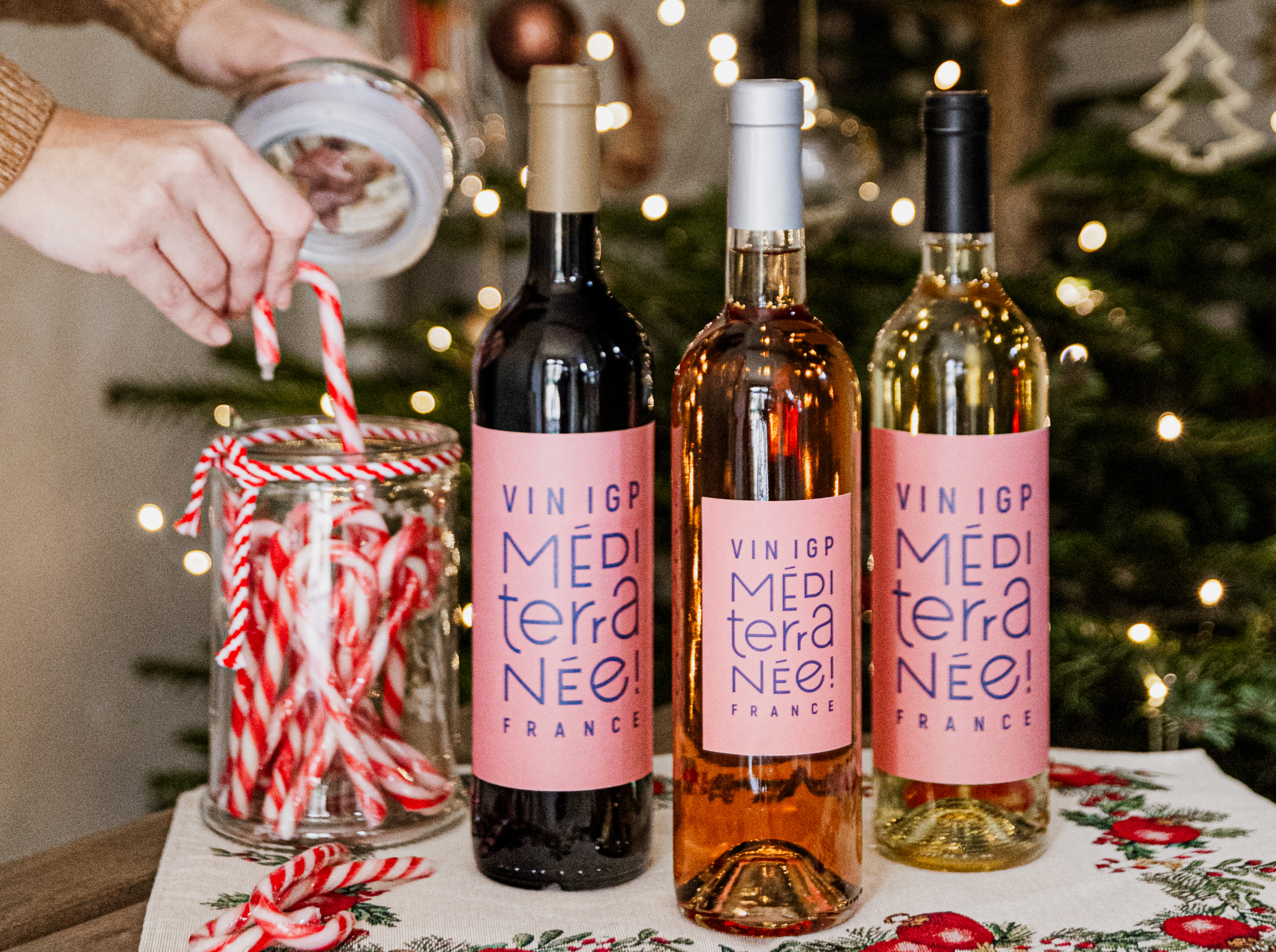“You have to think about the maison”: Minuty CEO on joining LVMH
François Matton, CEO of Château Minuty, explains why the Provence brand joined the global giant, and how the move safeguards its future.
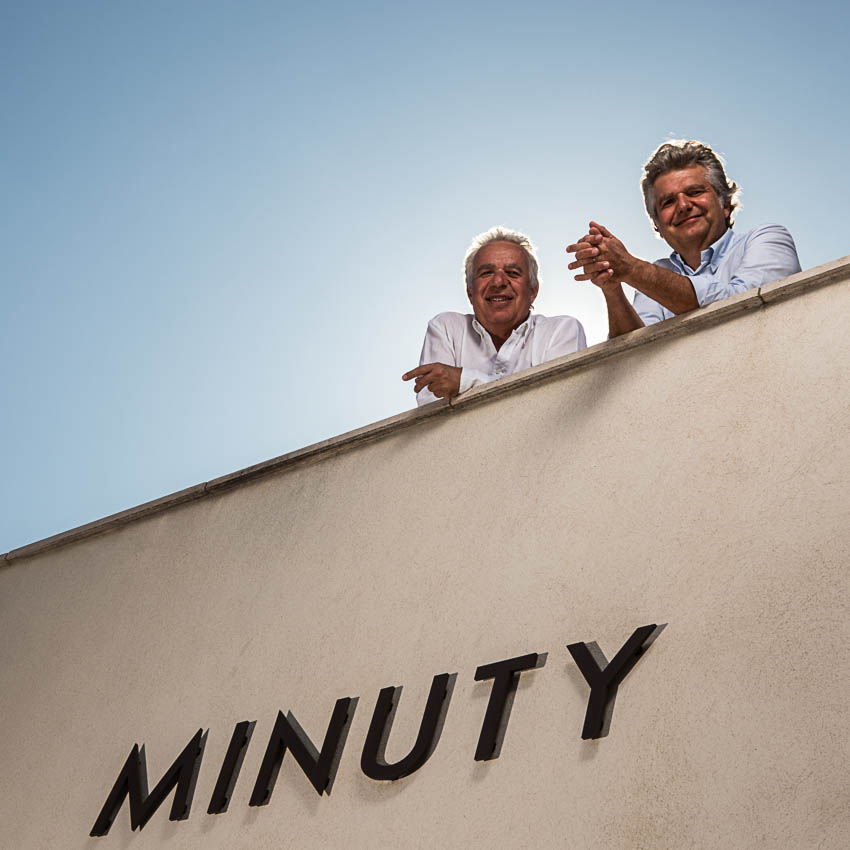
“Everyone used to ask: ‘Can I taste your little rosé?’” explains François Matton, CEO of Château Minuty. “Your little rosé,” he repeats. Although it seems implausible now, he spent decades trying to persuade the UK’s importers and distributors that rosé could be more than an entertaining diversion.
The situation is now considerably different. Last year, Moët Hennessy acquired the Provence producer to bolster its rosé offering. Although it marked a turning point for the family company, founded in 1936, Matton is unapologetic about Château Minuty joining the global luxury goods group. Indeed, he sees the partnership as driven by a sense of mutual benefit.
With the question of a purchase raised repeatedly over the years, Matton and his brother Jean-Etienne had plenty of time to consider the proposition. “It was not a money question. It was more of a time schedule question,” Matton explains. “This was the next step for the brand.”
Access to market
In his eyes, the acquisition allows the brand to continue its organic trajectory. With access to well-established distribution channels, Moët Hennessy can promote the wine more broadly than a small family team could. As more and more Provence brands join international groups, Matton posits that such a partnership is necessary to keep up expand the business.
Château Minuty produces around 9 million bottles a year, comprising both estate wines and cuvées made with partner growers. The challenge for Matton has been in its visibility rather than volume.
“I am happy with the number, but with this partnership I will be more happy with the visibility,” he says. On the UK market, Château Minuty has a longstanding partnership with Majestic Wines, particularly for its entry-level M de Minuty range, and has recently launched in Waitrose. However, his key aspirations for the UK are in the on-trade.
In that effort, Château Minuty and Moët Hennessy are targeting high-end establishments with the maison’s prestige and estate wines. Not coincidentally, Matton offered his thoughts at the five-star Rosewood London hotel. Its terrace has been rebranded as ‘Villa Minuty’ for the summer, serving the maison’s wines alongside a Provence-inspired menu. Château Minuty’s top white wine, Blanc et Or, is an exclusive for the Rosewood this year.
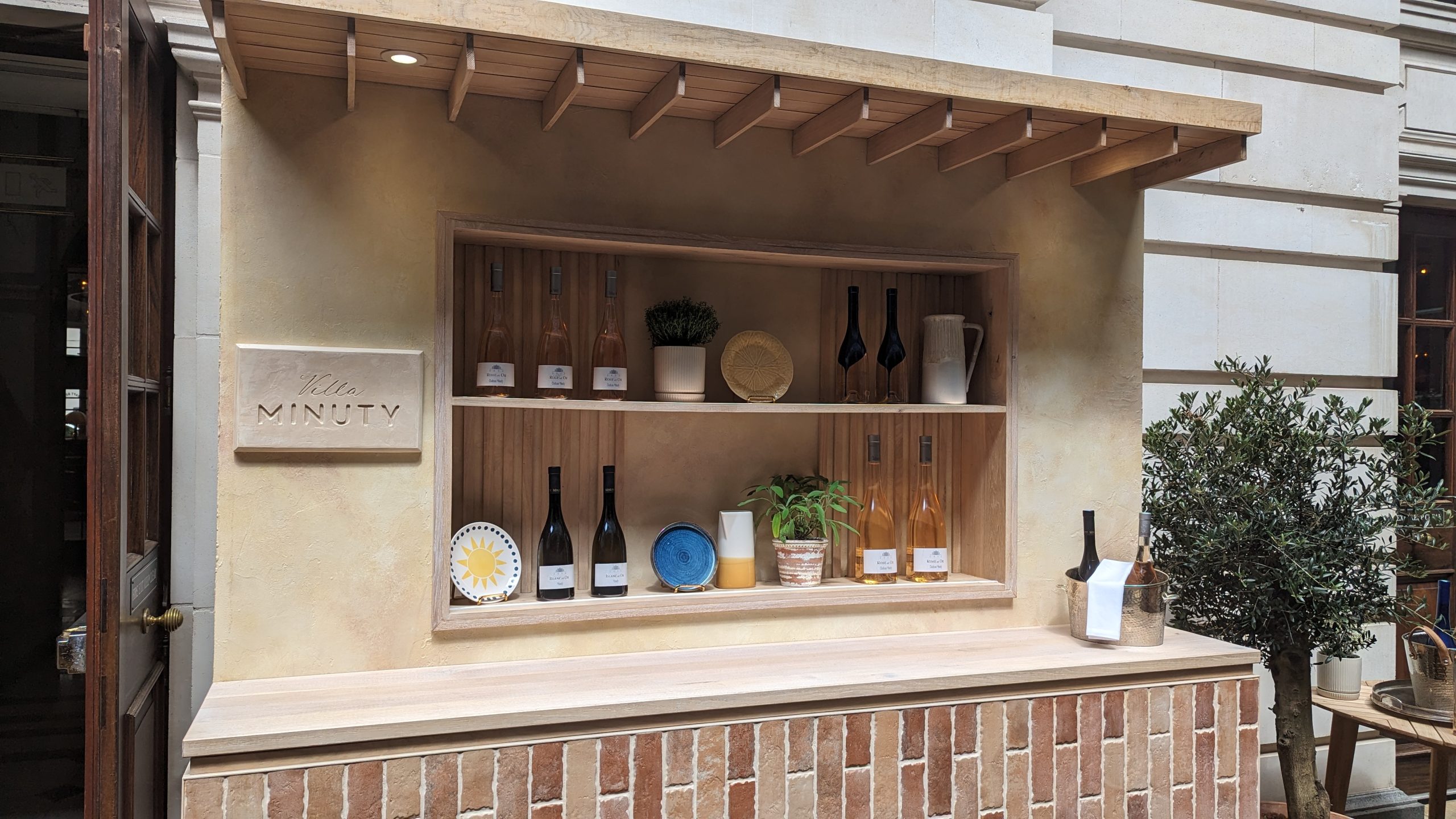
In the near future, Château Minuty will be prioritising its Prestige range, which are made with partner growers but harvested and vinified by the maison’s team. With rosé, white and red options, their distribution will be central to increasing brand visibility in 2025.
Turning to the future
Thinking of longer-term fortunes, Matton sees both opportunities and challenges for Château Minuty. The year-old partnership has been integral in meeting both.
Partner Content
“What is the future of Minuty? White wine,” he explains. Although rosé accounts for 85% of its production, he believes the white wines will aid in promoting Château Minuty’s quality credentials. Moreover, he sees untapped commercial potential for Provençal whites. With 20% Sauvignon Blanc in the blend, he believes Blanc et Or “could be a big competitor for Pouilly-Fuissé.”
Another opportunity is in sustainability, as eco-friendly wines are increasingly sought out by consumers. The estate’s vineyards are high environmental value certified, and Château Minuty is encouraging its partner growers to make the switch. As Matton explains, the producer has avoided herbicide and pesticide use since his grandfather’s days. Although the property is not converting to organic viticulture – he cites Grenache’s high susceptibility to mildew as the main roadblock – it farms 15 hectares organically in order to build expertise in its team.
Unsurprisingly, when thinking of upcoming challenges, climate change is high on Matton’s list. He describes the brand’s DNA as “freshness, lightness and elegance”, which is reflected in his desire to produce wines with lively acidity and an ABV of 12.5-13%. In warmer years, this has been harder to achieve. He has to be forthright in discussing the challenge: “I don’t know what the future will be with the climate.”
In his father’s days, growers would pick in mid-September to reach adequate alcohol levels. There was even an underground programme of chapatilsation in the region, with truckloads of sugar arriving before dawn and winemakers paying for it in cash. Nowadays, the harvest begins in mid-August and acidification is sometimes required.
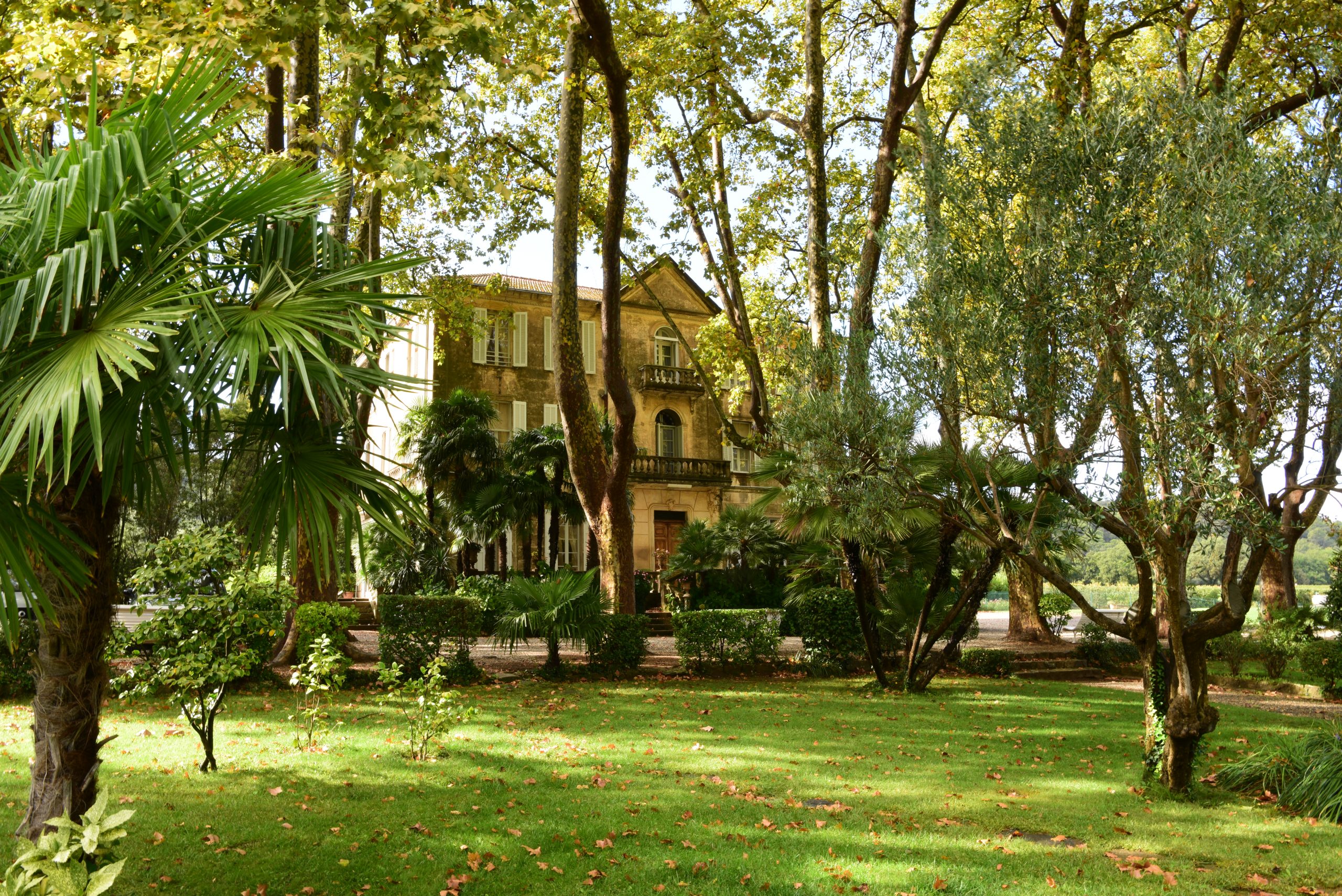
For Matton, the solutions will be found in investment. This has provided another reason to agree to Moët Hennessy’s acquisition. Rather than pass down a difficult inheritance through the family, the partnership brings new resilience to the company. In short, he explains: “if not me, they will find a way.”
Infrastructure and regulation will be, Matton believes, key to meeting the challenge. Water management, for instance, is his main tool in preserving acidity. Access to funds and influence can help him make the necessary adjustments. After all, he explains, Bernard Arnault, chairman of LVMH, attended a state dinner for President Biden and hosted by President Macron on Saturday. The Matton brothers did not.
Above all, as he considers the early stages of the partnership and the future it presents, Matton’s recurring theme is safeguarding. Though the family has not had to change its winemaking – “We have the last word,” he confirms – it is clear that the acquisition by Moët Hennessy is offering new solutions to modern challenges.
Far from a greedy money-grab, the overall impression is of a necessary evolution. Although Matton is going nowhere, the acquisition has the air of legacy planning. In approaching 100 years of production, any château would be bigger than any single individual. “You have to think about the maison,” says Matton, “not just yourself.”
Related news
Castel Group leadership coup escalates
For the twelfth day of Christmas...
Non-vintage is ‘putting together a puzzle’ says Champagne Lallier


